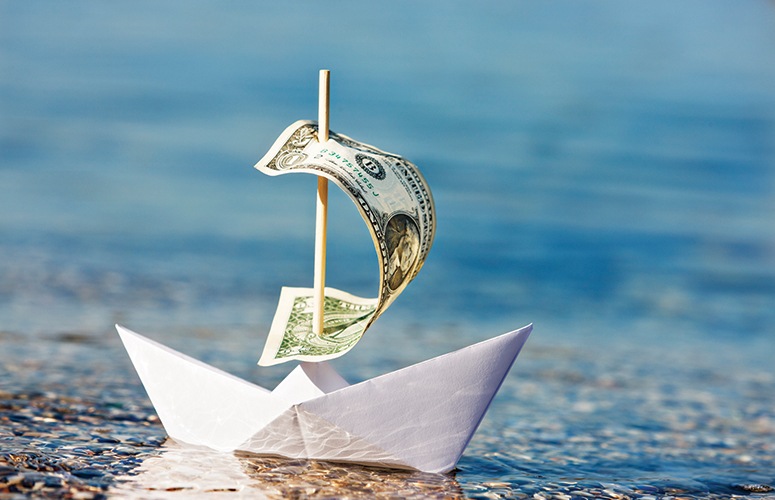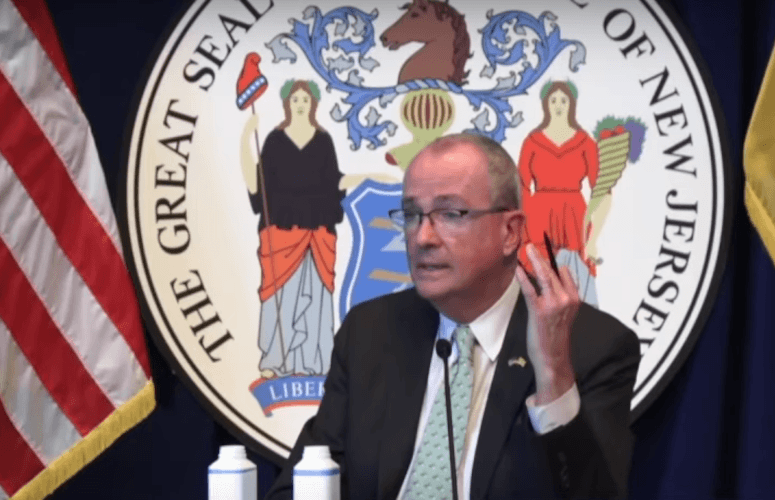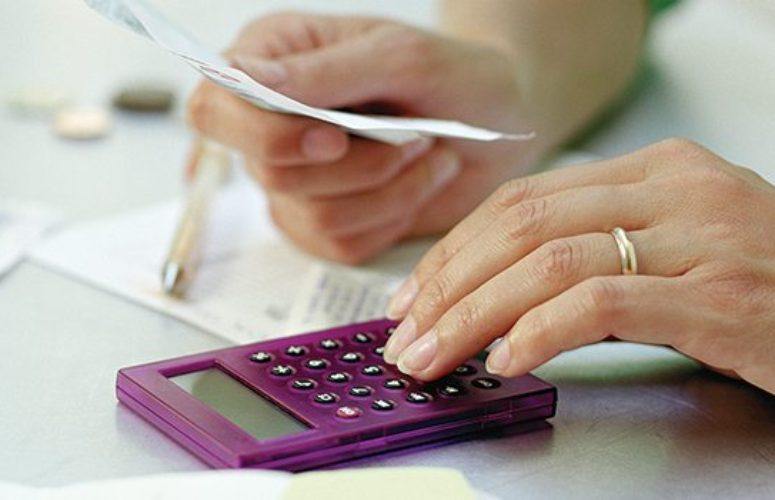
COVID-19 Makes the Stock Market ‘Freak Out.’ Should You?
By George N. Saliba, Managing Editor On Mar 10, 2020The United States has been in the midst of the longest economic expansion since its inception in 1776, but with highly volatile equity markets reflecting both oil price-war worries and COVID-19 concerns – all against the backdrop of a globally panicked general public – many are questioning our country’s and the world’s equity markets outlook. The S&P 500 index yesterday had its worst day in 11 years when it dropped 7.6%, for example.
Wealth management firm Financial Principles, LLC, Fairfield, said via a statement to its clients: “What markets (and us as emotional beings) hate is uncertainty, and right now there is a lot of uncertainty over the spread and economic impact of the coronavirus. While we all collectively have no control over the uncertainties around the virus and its impact, we have full control over how we respond to it.”
Advising against panicked responses, Financial Principles added, “Keeping a long-term perspective is one of the most important things that investors can do, especially when markets are volatile, and emotions are high.”
Managing Director and Partner Bradley Bofford tells New Jersey Business that the “don’t panic” adage holds true even for a hypothetical 70-year-old investor, because he or she has already been positioned to be more conservative in his or her investments.
He explains, “The message is still the same: It is just the amount of equity exposure, and the planning strategy is a little different.”
Partner Daniel G. Trout adds, “As far as equities bouncing back, the naysayers will say, ‘Oh, this time it is different.’ [But,] this too shall pass. Whether its disease, economic events, wars or geopolitical events, the U.S. stock market and equities have always found a way to make it back and go higher. We are in the camp that that will happen again, at some point.
“Timing it to six months or one year is harder to do, but we will reach new highs in the stock market at some point in the future.”
The Economy
It has meanwhile been said that economic growth is obviously key to long-term equity market success, and at this time, there are, again, a range of unknowns surrounding the coronavirus.
What will the demand be for goods and services if the public becomes partially quarantined, or to a lesser extent develops a fear of eating at restaurants, attending events or traveling, for example?
While the Federal Reserve and potential tax adjustments may impact the scenario, the demand for goods and services obviously is a crucial factor in the longer-term economic analysis equation.
Experts additionally have always pointed to economic cycles, inevitable in the course of human history, with “feasts and famines” practically as common as the seasons.
Financial Principles’ Associate Wealth Advisor Steven Gelber concludes overall, “The risk we see is that [things] just become a self-fulfilling prophecy: We see slow numbers and then everybody tightens their purse strings, and it pushes us into a recession. But, the hope and expectation as of now is that we see a quarter or two of slower numbers, and then we have a second-half pick up.”
To access more business news, visit NJB News Now.
Related Articles:





